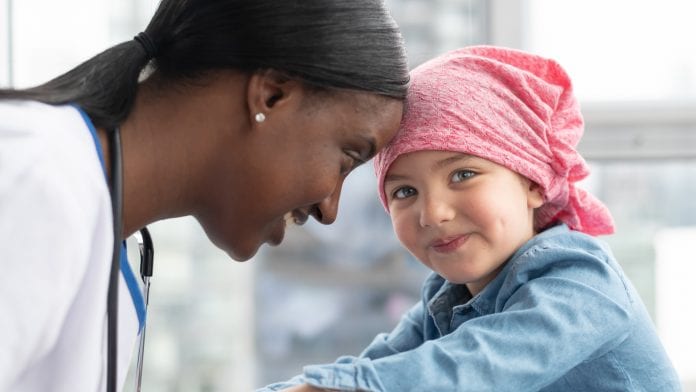
As telehealth explodes across the globe a new online programme is helping adolescent and child cancer survivors by reducing insomnia.
A new, online telehealth programme, developed specifically for adolescent and young adult cancer survivors, can help to significantly reduce insomnia and improve quality of life.
The new study, published in Pediatric Blood and Cancer, and carried out by researchers from the Dana-Farber Cancer Institute, consists of six 20 to 30-minute sessions, and is in an automated format.
SHUTi: Sleep Healthy Using the Internet
Researchers at the University of Virginia developed an insomnia intervention programme – SHUTi: Sleep Healthy Using the Internet – which has been adapted by Zhou and Recklitis to help young cancer survivors with sleep, and uses texts, images, and videos to explain insomnia and how survivors can overcome it. SHUTi explores how patterns of sleep during cancer treatment do not necessarily suit normal living.
Eric Zhou, PhD, who conducted the study with Dana-Farber colleague Christopher Recklitis, PhD, MPH, said: “During treatment, people may stay in bed because they’re not feeling well or haven’t gotten enough sleep. They may take naps and their sleep at night can be fragmented. Behavioural therapy for insomnia (CBT-I), which helps patients understand the behavioural and thought patterns that lead to long-term troubles with falling or staying asleep, has been shown to be very effective in adult cancer survivors. However, it has not been widely tested in the AYA survivor group. We wanted to explore whether a CBT-I program, specifically tailored to AYA survivors and available online, could be helpful in this population.
“People who survived cancer as adolescents or young adults face a variety of sleep-related issues unique to their age group. These include the constraints placed on young people’s sleep schedules by their parents or disruptive roommates. Teens and young adults also undergo normal developmental changes in circadian timing, naturally going to bed later and sleeping later than younger children and older adults. Insomnia treatments for adolescent and young adult cancer survivors need to take account of these factors, as well as addressing their long-term cancer-related issues such as pain or fatigue.
“SHUTi trains people to recalibrate their sleep so their sleep habits are no longer addressing the problems they experienced during treatment and are, instead, focused on improving long-term sleep.”
Participants in the programme kept a sleep diary and entered the information into the online SHUTi programme, which then provided sleep recommendations.
“Our results demonstrate that an internet-delivered CBT-I programme targeting adolescent and young adult cancer survivors reduced their insomnia and improved their quality of life,” Recklitis commented.
“Notably, our participants’ insomnia severity continued to get better after the intervention had ended, suggesting that the continued to make sleep-related decisions that helped their sleep even after they had finished using the programme.”







